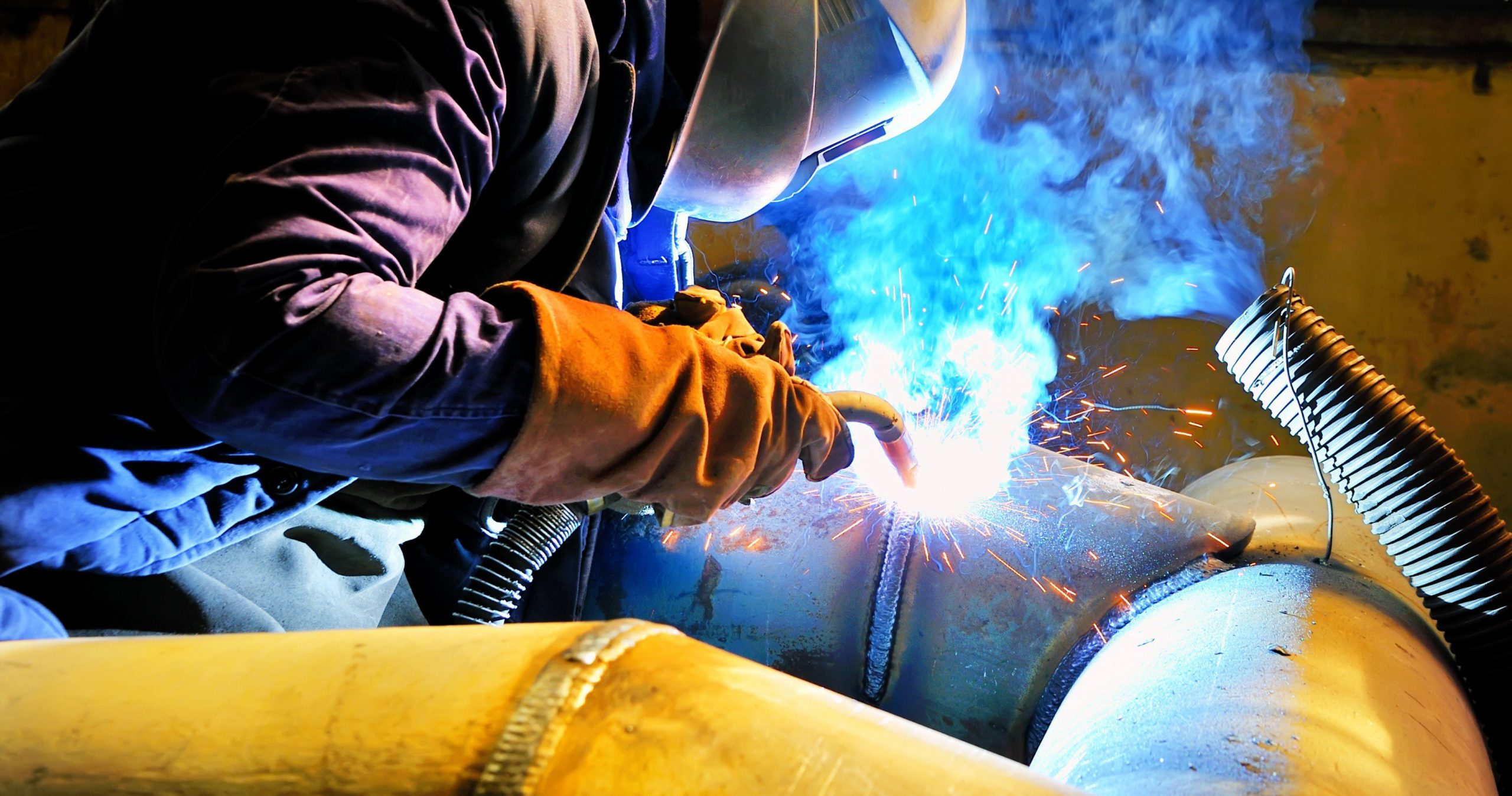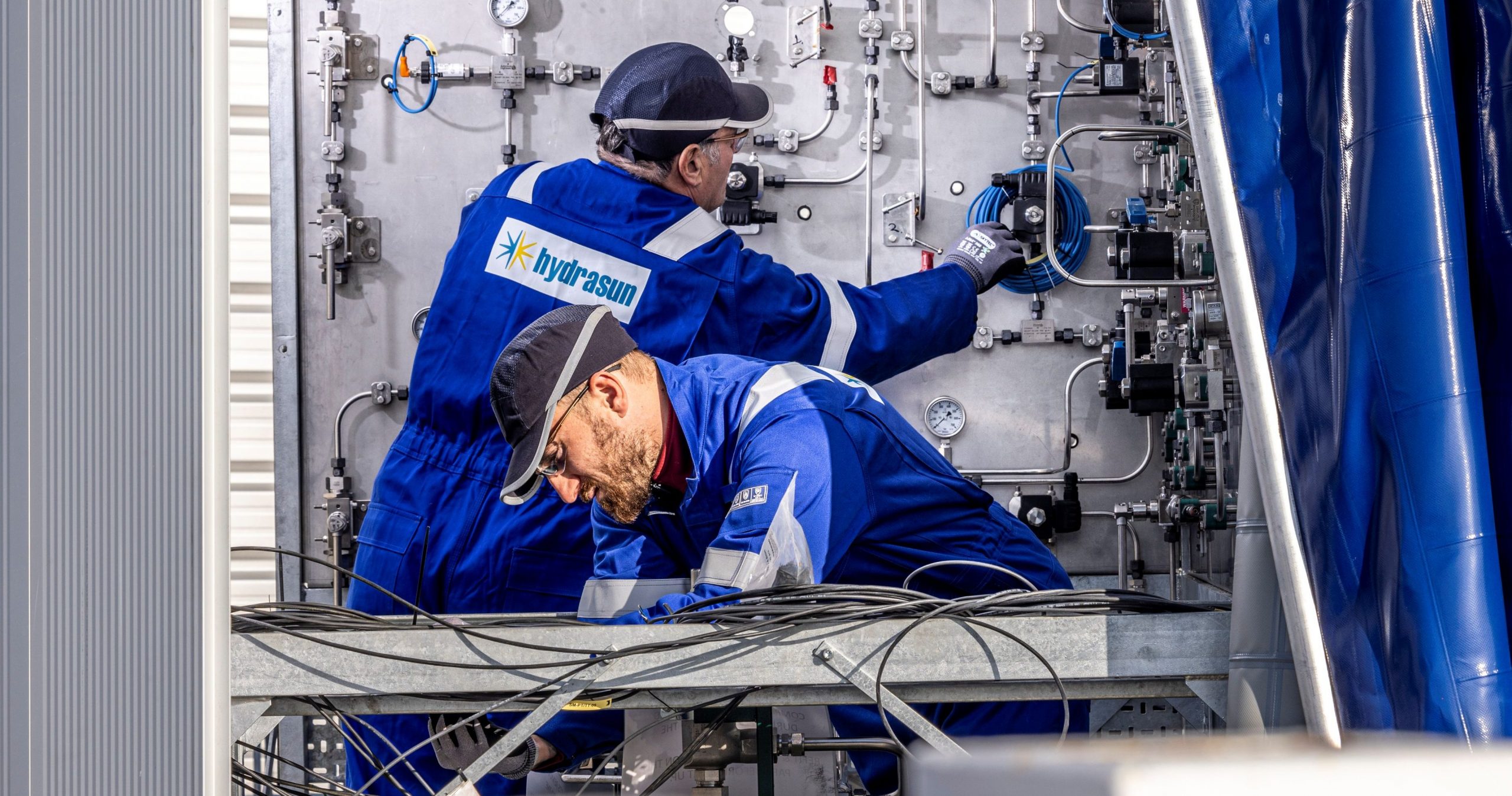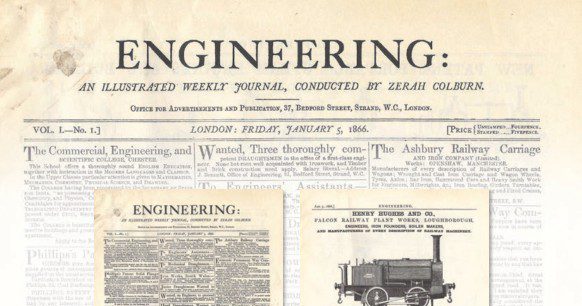The ECITB Awarding Organisation has launched a new Level 2 welding qualification and is inviting colleges and training providers to become Approved Centres to deliver this.
The regulated qualification – ECITB Level 2 Diploma in Introduction to Welding in Engineering Construction Operations – is available for registrations in England from 1 September 2025.
With units covering safe working practices, communications and working relationships, interpreting documentation, preparing and reinstating work areas and welding techniques, the qualification prepares candidates for a welding career in the engineering construction industry (ECI).
View the qualification, including entry requirements and modules

“Engineering construction is a specialised industry that underpins the delivery, maintenance and decommissioning of much of the UK’s critical infrastructure and spans the oil and gas, nuclear, power generation and renewables sectors as well as other process industries, such as chemicals, pharmaceuticals, food and drink, water and waste treatment.
“Our Labour Forecasting Tool predicts that the ECI could need thousands of additional workers over the coming years for major projects, including those that contribute to the country’s net zero goals.
“Welding is one of those key trades that will be vital to build the infrastructure needed to deliver these.
“ECITB qualifications are the only ones designed specifically for engineering construction to meet the needs of our employers and the wider industry.”
Andrew Hockey
CEO of the Engineering Construction Industry Training Board (ECITB)
Denise Edens, Head of the ECITB Awarding Organisation, which develops and quality assures regulated qualifications in England, Wales and Scotland, said: “This qualification was developed following requests from employers across the industry.
“We now welcome applications from colleges and training providers in England to become approved to deliver this qualification.”
The qualification is based on the National Occupational Standards (NOS) and Occupational (Apprenticeship) Standards for the trade, encompassing the required knowledge, skills and behaviours.
This ensures the qualifications are relevant and future proofed. Through extensive consultation with industry, they are tailored specifically to meet the needs of industry.





